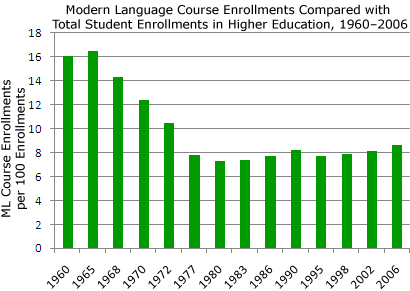As a result of an exchange (1, 2 ,3 ,4, 5) with Alan Gunn in the comments yesterday, I was reminded that for many years, legal scholars throughout the U.S. were subjected to a peculiar form of stylistic tyranny, imposed by a curious work known as The Texas Manual on Style. According to James Lindgren ("Fear of Writing", California Law Review 78(6):1677-1702, 1990):
Unquestionably, the most dangerous advice in the old fifth edition of the Texas Manual was its disapproval of split verbs: "Avoid splitting verb phrases with adverbs. . . ." In other words, don't place an adverb between the parts of a compound verb. Yet Fowler and Follett (both praised in the Foreword to the Texas Manual) argued that the normal place for an adverb is in the midst of a multiple word verb. Thus the fifth edition of the Texas Manual seemed to have gotten the rule backwards. It prohibited what the experts recommend.
Specifically, this means that choices like "has always been" are to be suppressed, in favor of "always has been" or "has been always".
This is not the only bad advice in the book — Lindgren makes a strong case on other grounds for his view that "The Texas Manual on Style is one of the most pernicious collections of superstitions that has ever been taken seriously by educated people". But "avoid split verbs" is certainly the most eccentric piece of voodoo syntax since the prohibition of clause-final prepositions.
Read the rest of this entry »

